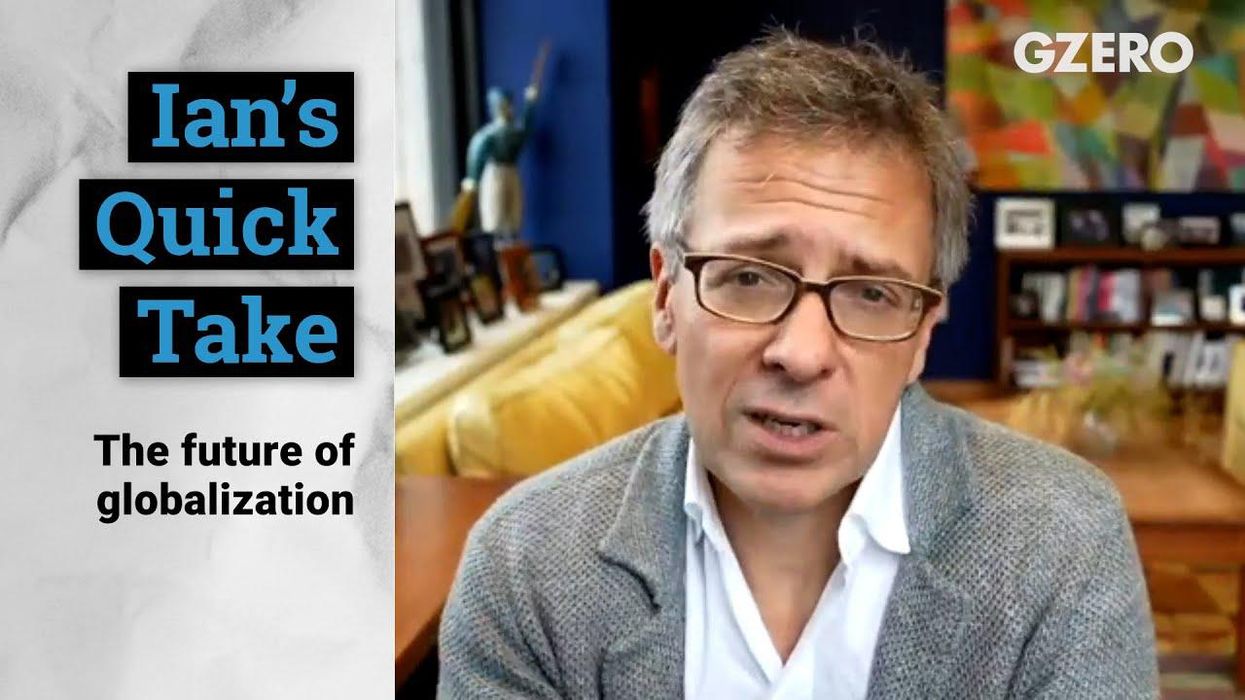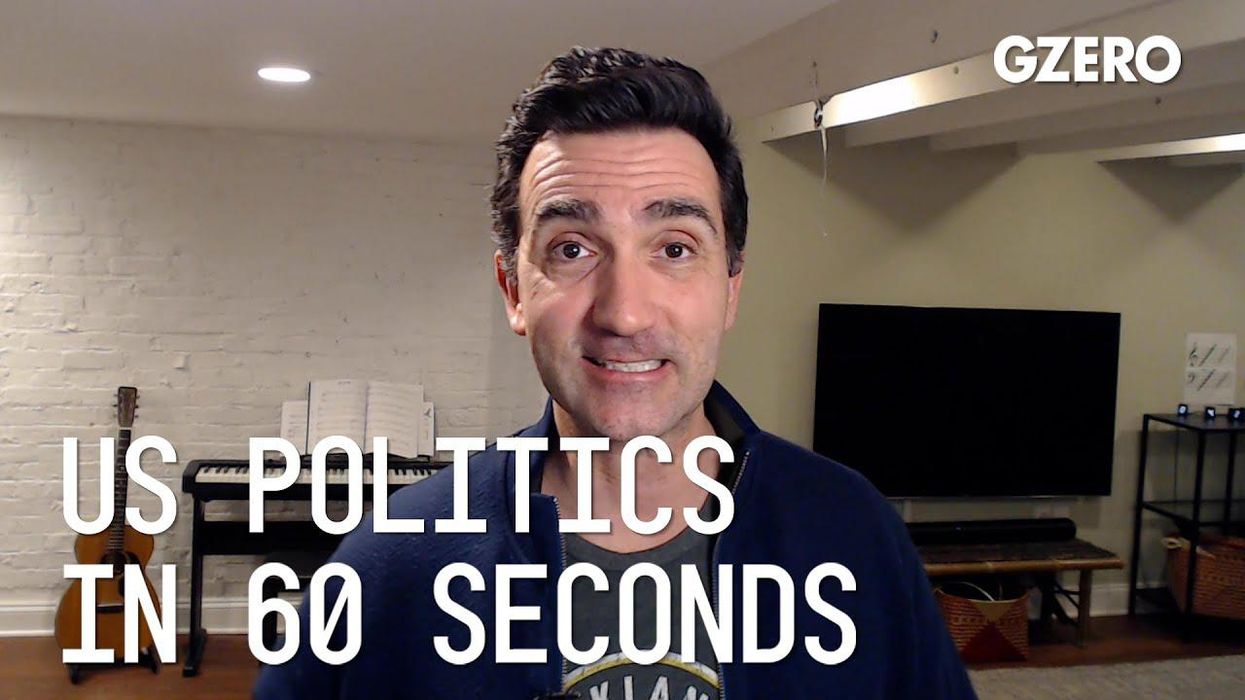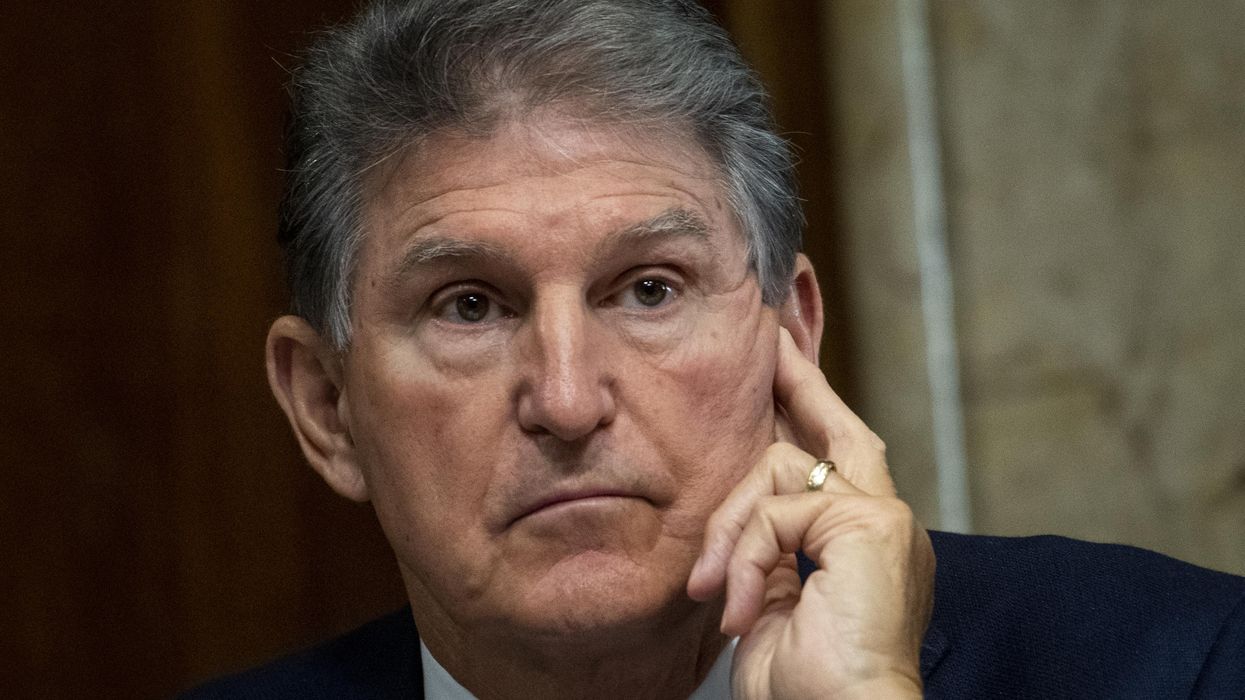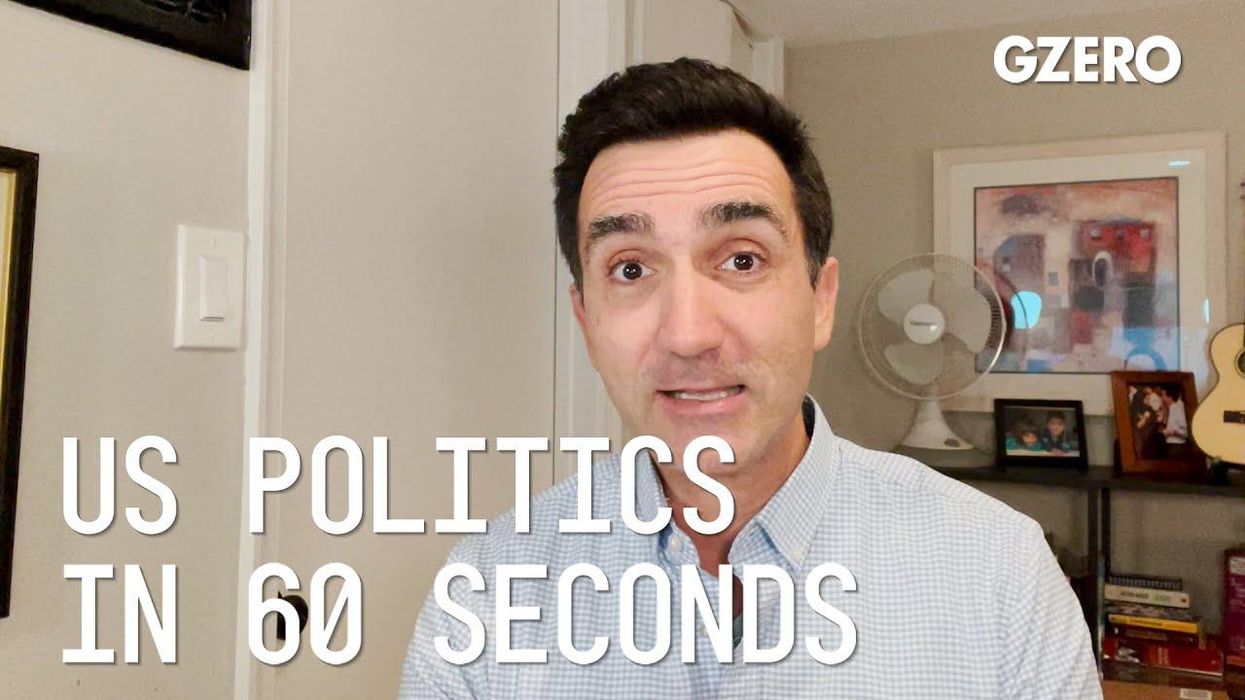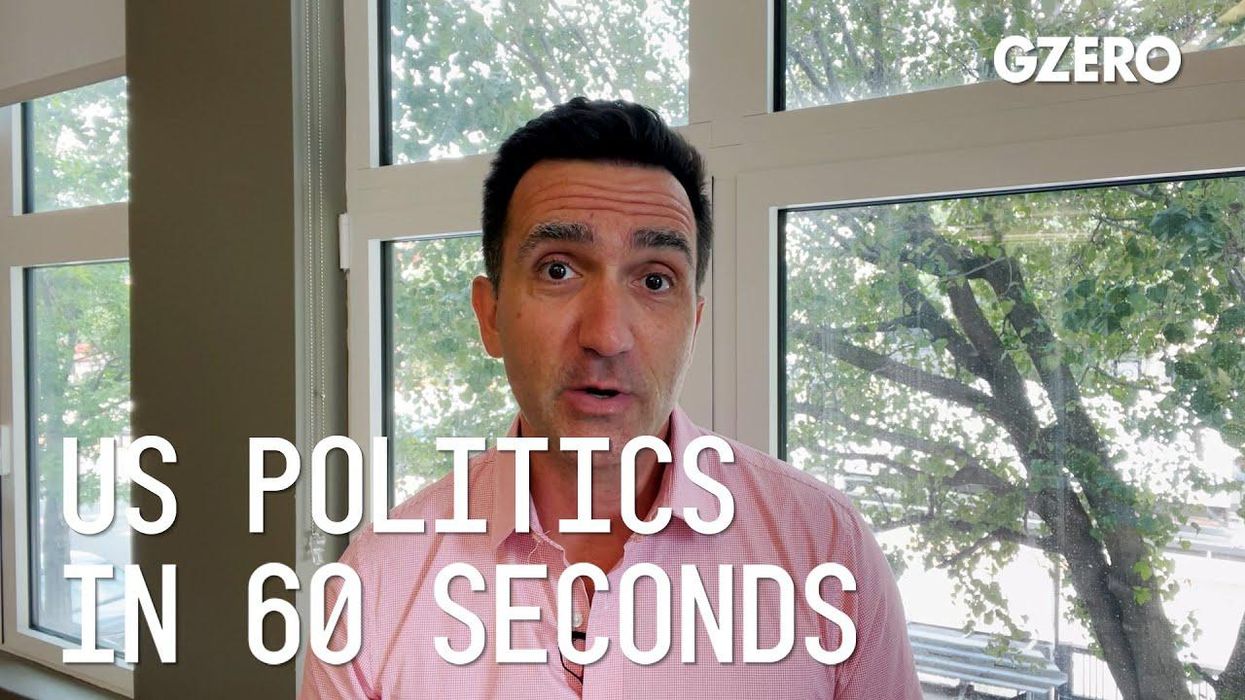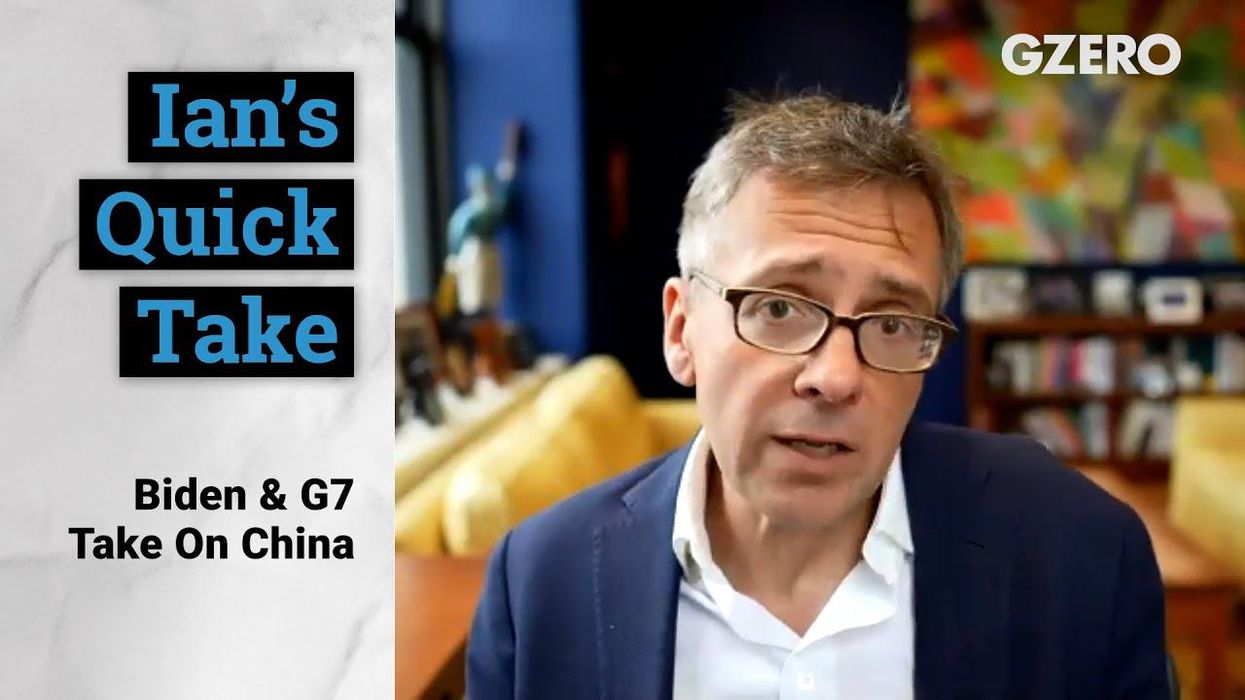Quick Take
The future of globalization
Ian Bremmer's Quick Take: I thought I'd talk about the future of globalization, because I hear so many people talking about the last 30 years being this unprecedented period of goods and services and people and ideas and capital moving faster and faster across borders all over the world. And now, not anymore. And so we've hit this tipping point. Or have we? I don't quite buy this narrative that globalization is over.
Jul 18, 2022
